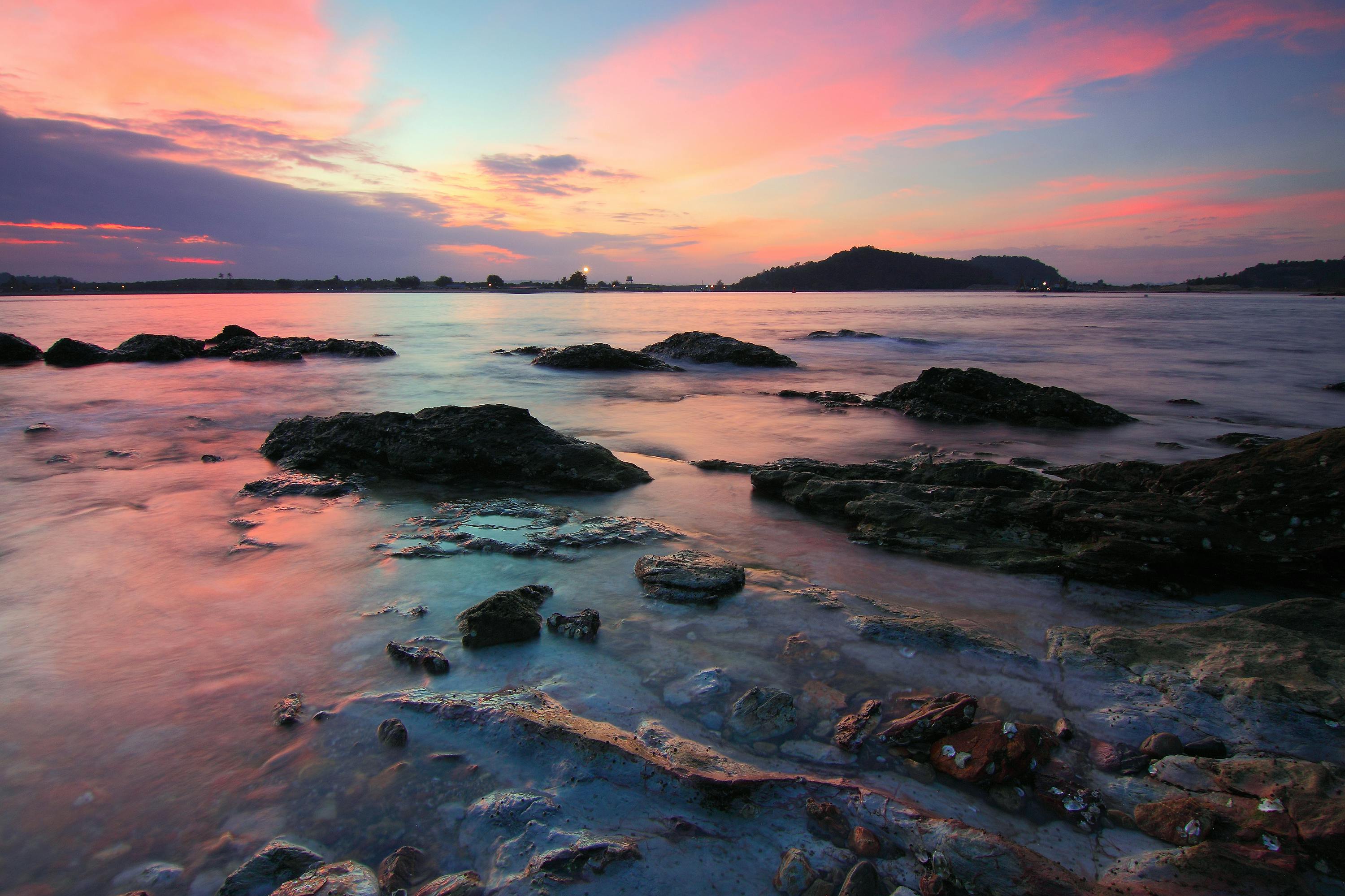A Traveler’s Guide to South Africa

Commanding strategically important shipping lanes between the Atlantic and Indian Oceans, the Republic of South Africa lies at the southern tip of the African continent.
With a coastline of some 2,954 kilometres, it is bordered to the north by the borders of Botswana, Zimbabwe, Namibia and Mozambique. To the northeast is Swaziland, a small landlocked kingdom surrounded by South Africa except for a short border with Mozambique.
Within the borders of South Africa is also the independent country Lesotho, formerly Basutoland.
With a land area of more than 1.2 million square kilometres, South Africa is larger than the combined area of the Netherlands, France, Italy, Belgium and Germany, but has a population of only 42.6 million. It is made up of nine provinces. Durban, the main seaport, is in Kwa-Zulu Natal on the northeast coast, Cape Town is in the Western Cape to the southwest, and Port Elizabeth is in the Eastern Cape.
South Africa’s two main international airports are in Cape Town and Johannesburg. The legislative capital is Cape Town, the administrative capital is Pretoria, the judicial capital is Bloemfontein, and the largest city is Johannesburg.
The ‘rainbow nation’ has a rich mix of races and cultures with no less than eleven officially recognized languages, including English, Afrikaans and native African languages.
The Foreign and Commonwealth Office describes the geography as a coastal strip of less than fifteen hundred feet fringed by steep mountain ranges, with a high plateau in the interior extending up to six thousand feet above sea level.
The coastline is swept by two main ocean currents: the warm southern one that flows towards Mozambique-Agulhas and the cold Benguela that flows north along the west coast to southern Angola.
On the west coast, the cold Atlantic current creates arid scrubland. The highest levels of rainfall in the central plateau produce grasslands. A continuous mountain range runs down the east coast warmed by the Indian Ocean giving it a subtropical climate. The north of the country has savannah-type vegetation, while the extreme south has a Mediterranean-type climate.
Once shunned due to its apartheid policy, the country is now an active player in international relations: it hosts major international sporting events, plays a full role in the UN and the Commonwealth, and has significant involvement in international business.
Unemployment levels are officially close to 27 percent, but in practice they can be as high as 40 percent. The Ministry of Foreign Relations warns that there are high levels of crime in the country, but that most of it occurs in municipalities and isolated areas far from normal tourist destinations. “The driving standard is variable and there are many fatal accidents.” However, more than 460,000 Brits visit South Africa each year and most visits go smoothly.
As in most places, there remains “an underlying threat of terrorism.” And while unlikely, the attacks “could be indiscriminate, even in places frequented by expatriates and foreign travelers.”
British citizens visiting South Africa on holiday for less than 90 days do not need visas. After entry, extensions of stay may be requested from the Department of the Interior. Visitors overstaying without authorization can be fined, either on departure or at the nearest South African mission on their return to the UK (or elsewhere).
Re-entry into South Africa will not be permitted until the fine has been paid in full.
Those who substantially overstay their visas may be arrested on departure and detained before appearing in court. In such cases, you can face a very significant fine and then be deported at your own expense.
In total, South Africa has 13 types of temporary residence permits and 11 types of permanent residence permits, including Family Permits, Business Permits, and Retiree Permits. Business permits are available for up to two years for people looking to invest in or establish their own business. Work permits can be obtained for up to three years, while a permanent employment contract will support an application for permanent residence.
There are no restrictions on foreigners buying in South Africa, although there has been talk of imposing such restrictions at least temporarily in the future as a way of curbing runaway house price inflation. Mortgages, however, are generally restricted to 50 percent of the purchase price.
Buyers can buy properties as individuals or through companies. Written offers and deeds of sale are legally binding. Completion follows when the title is formally transferred and recorded in the land registry.